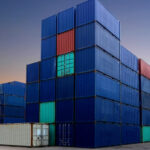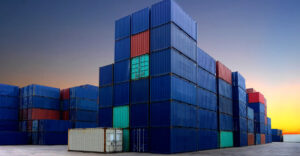
Behind every imported car, container of electronics, or shipment of food items lies a process most people never see—clearing and forwarding. These specialized services make sure goods move smoothly through ports, customs, and borders without unnecessary delays or penalties.
What is Clearing and Forwarding?
- Clearing involves handling customs documentation, duties, taxes, and compliance checks to legally move goods across borders.
- Forwarding is about arranging transport (sea, air, or land), storage, and delivery to the final destination. Together, they form a seamless chain that connects global supply lines.
Why It’s Important
International trade is complex. Every country has its own rules, tariffs, and paperwork requirements. Without experienced clearing and forwarding agents, businesses risk losing money through fines, delayed shipments, or even seized goods.
The Role of Professionals
- Documentation Experts: Ensuring all bills of lading, invoices, and certificates are accurate.
- Customs Navigators: Handling negotiations with authorities for quick approvals.
- Cost Optimizers: Choosing the most efficient routes and methods to save clients money.
- Risk Managers: Ensuring goods are insured, tracked, and protected against loss.
Looking Ahead
As e-commerce and global supply chains expand, clearing and forwarding companies are embracing technology—from digital customs systems to blockchain-based tracking. This evolution will reduce paperwork, cut waiting times, and make trade more transparent.
In essence: Clearing and forwarding agents are the invisible bridge between buyers and sellers across continents. Without them, global trade would slow to a crawl.



Leave a Comment